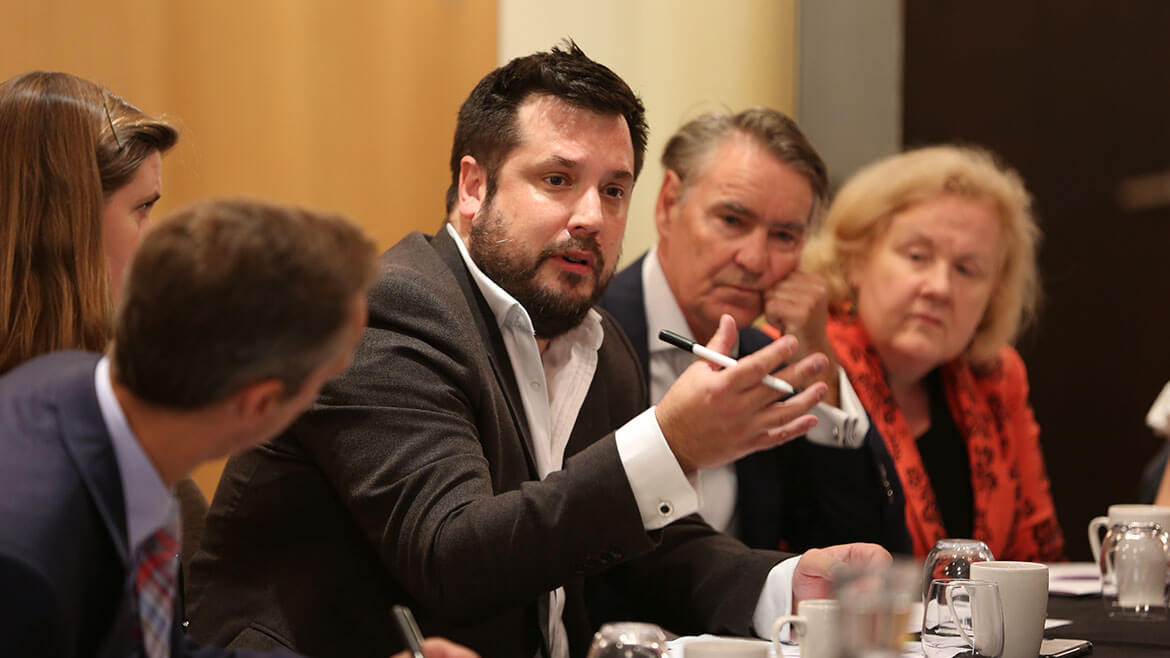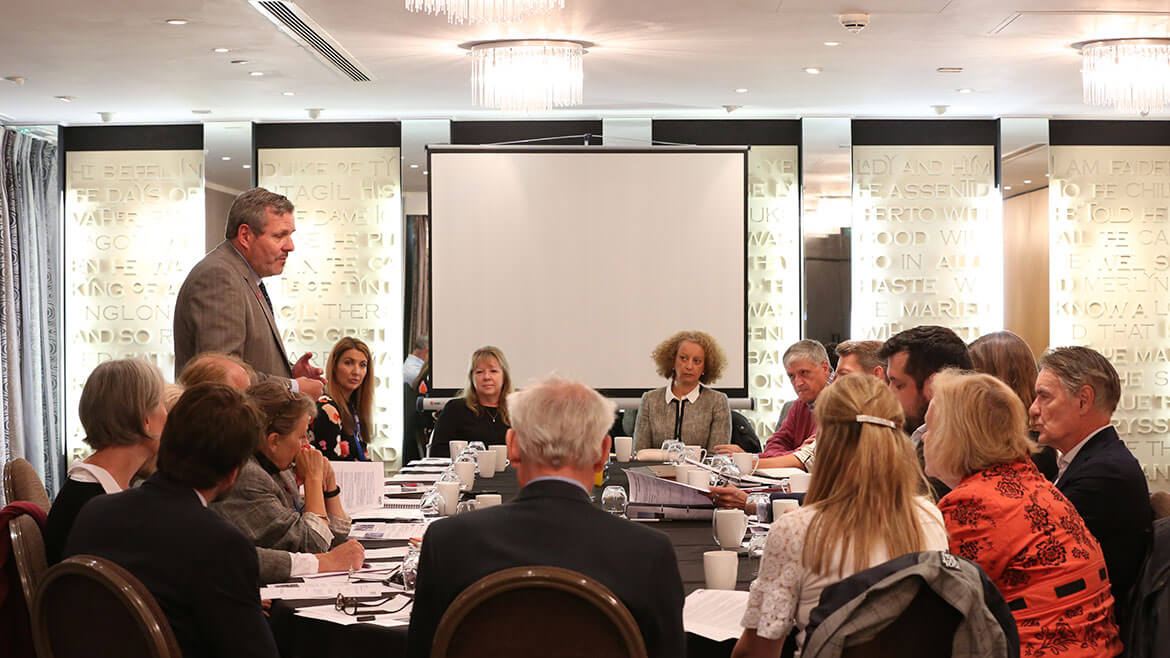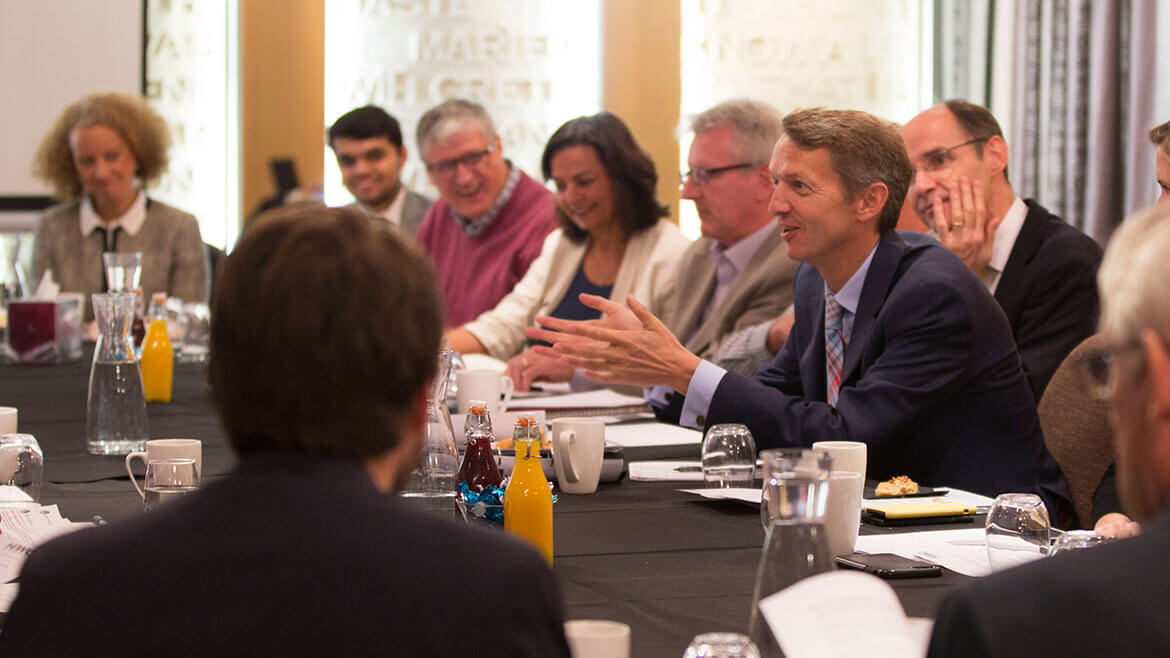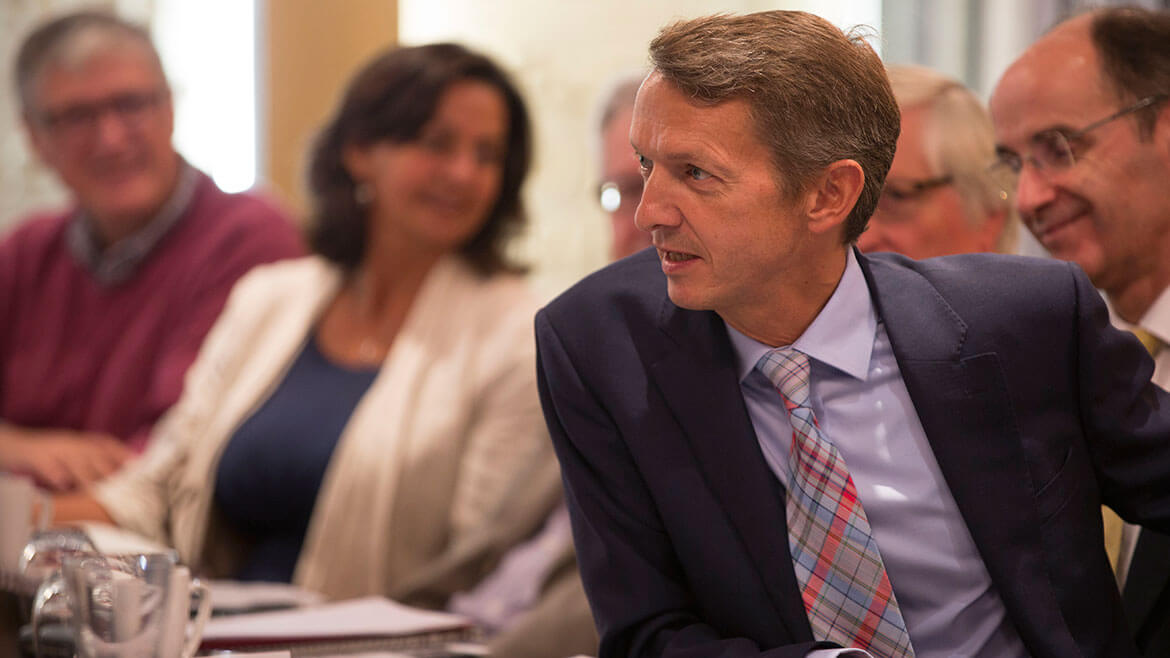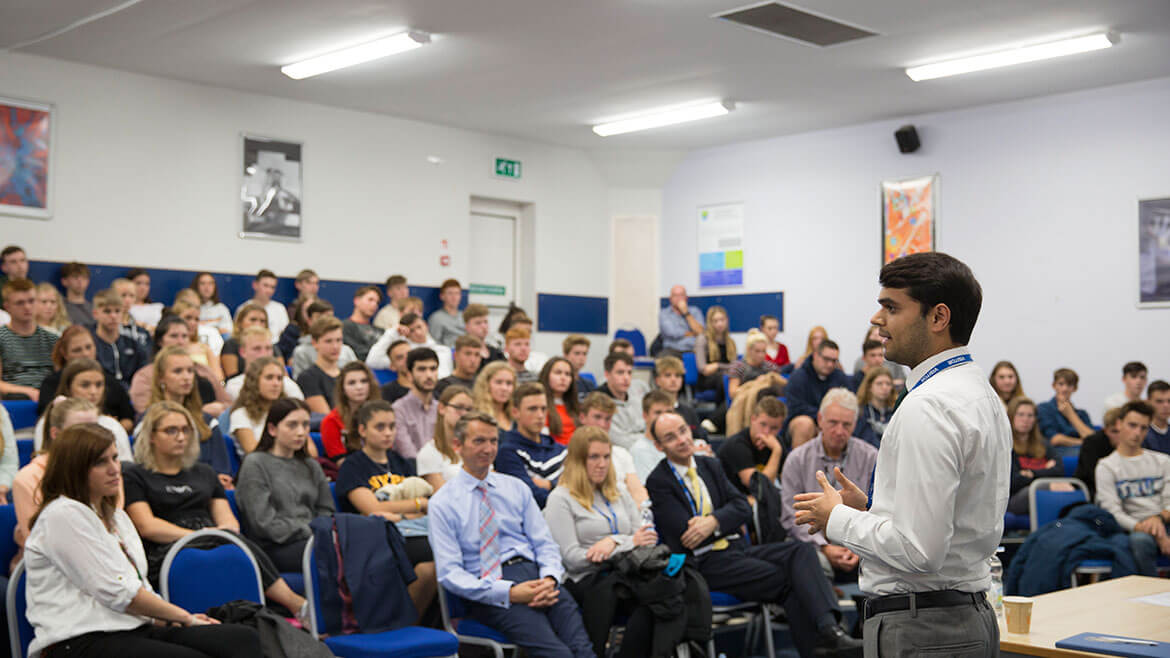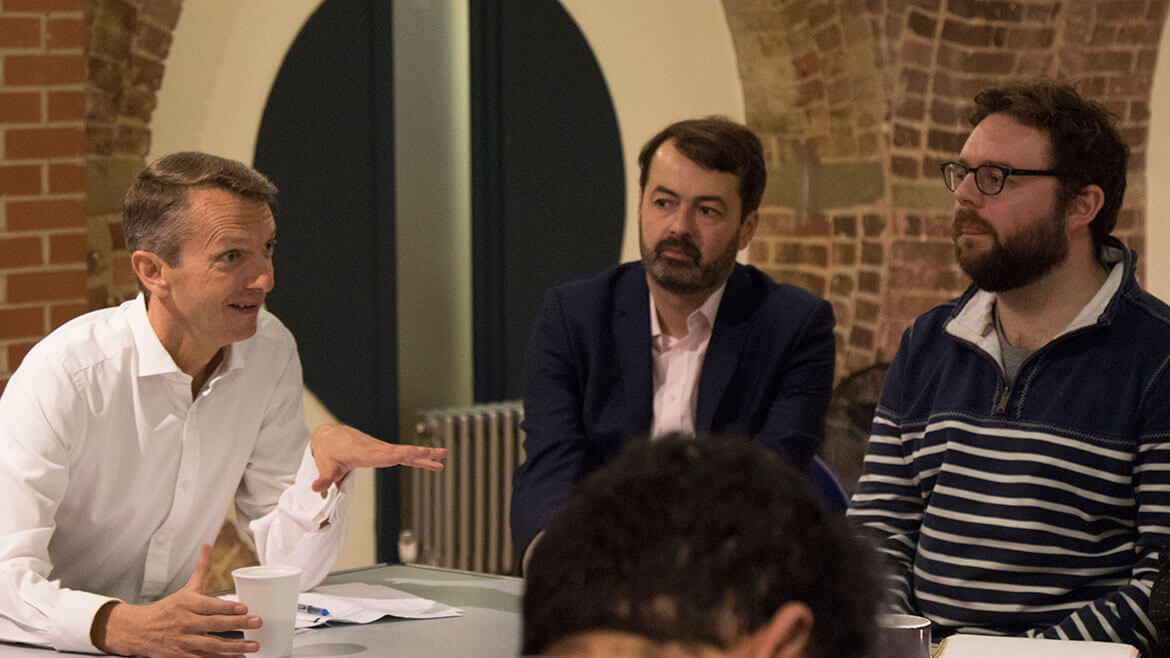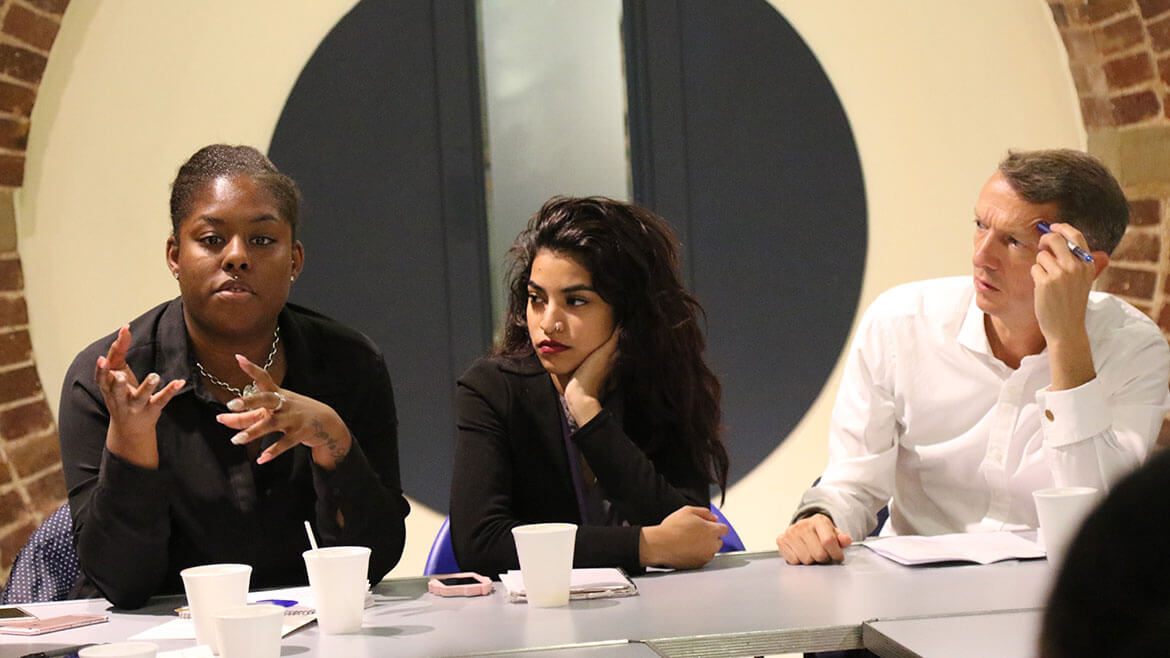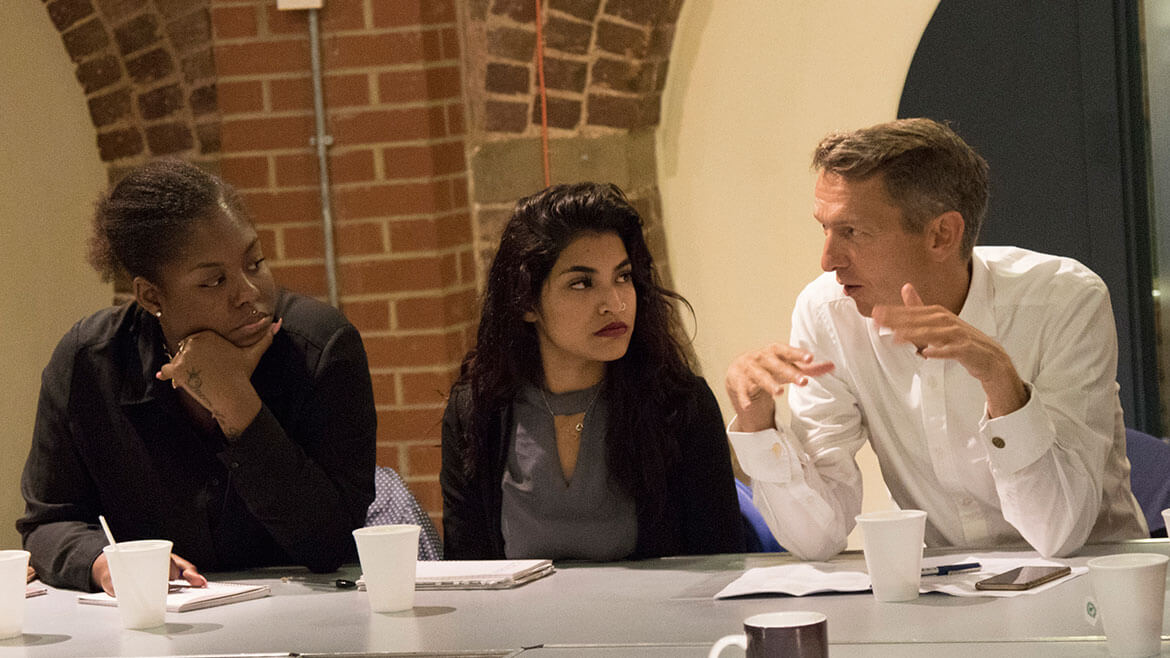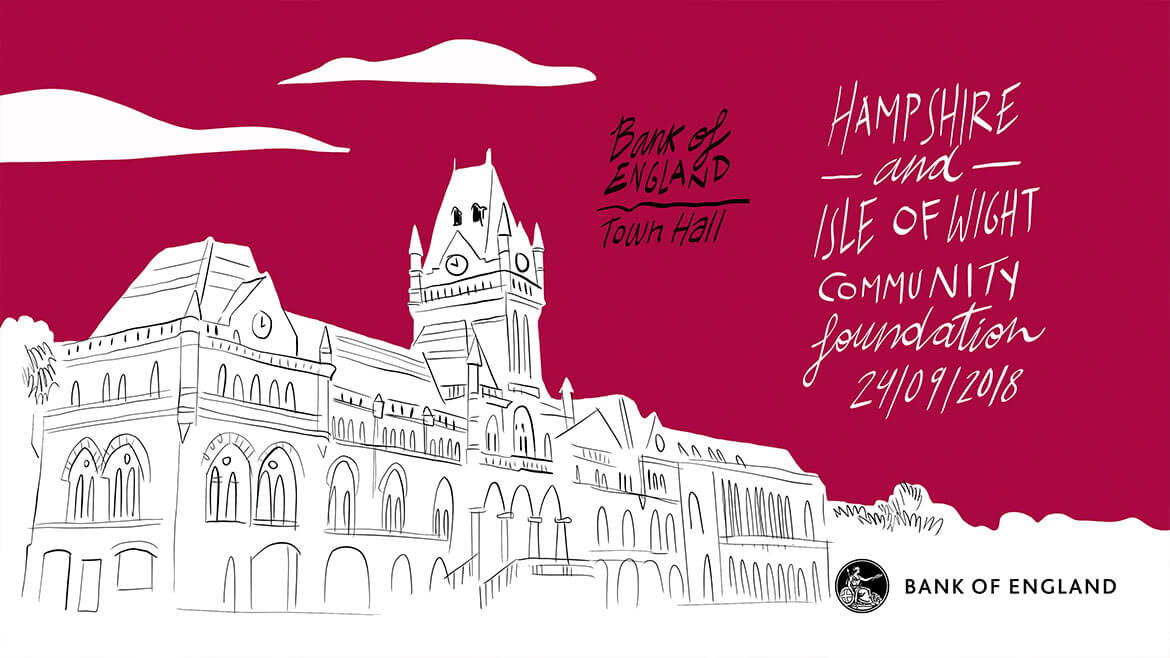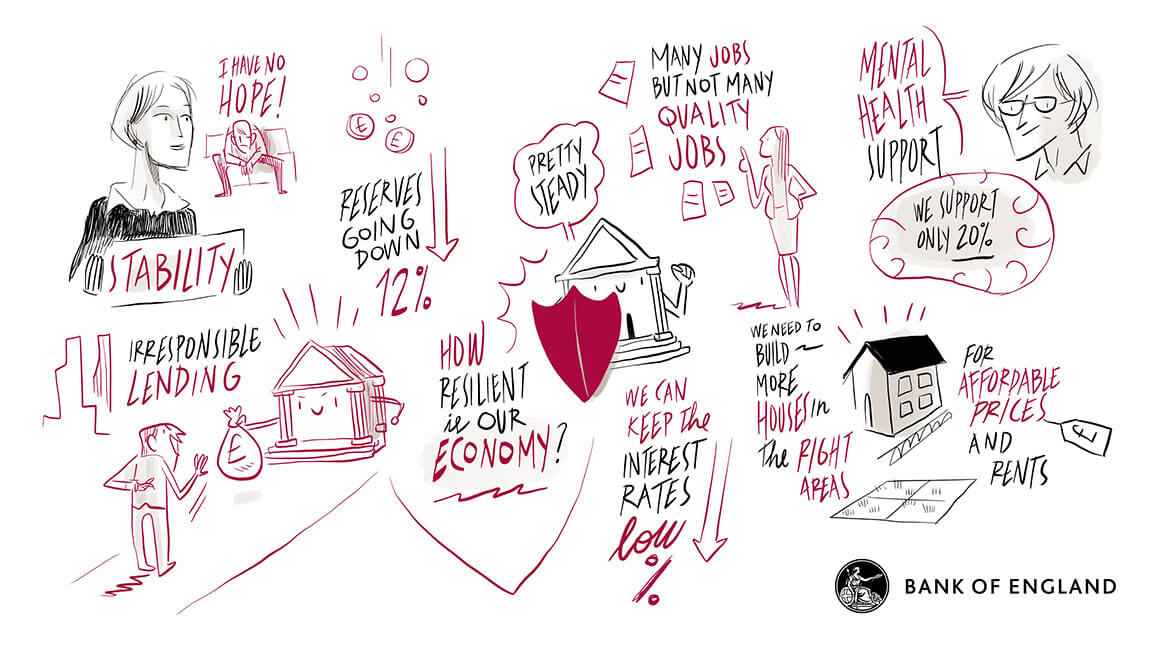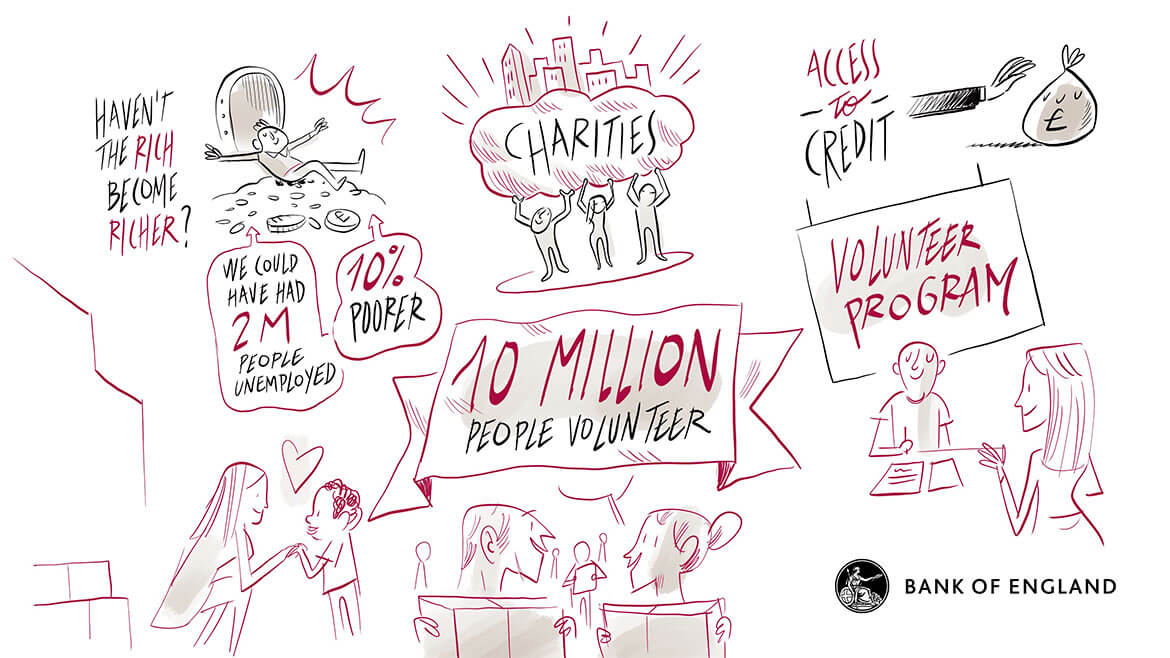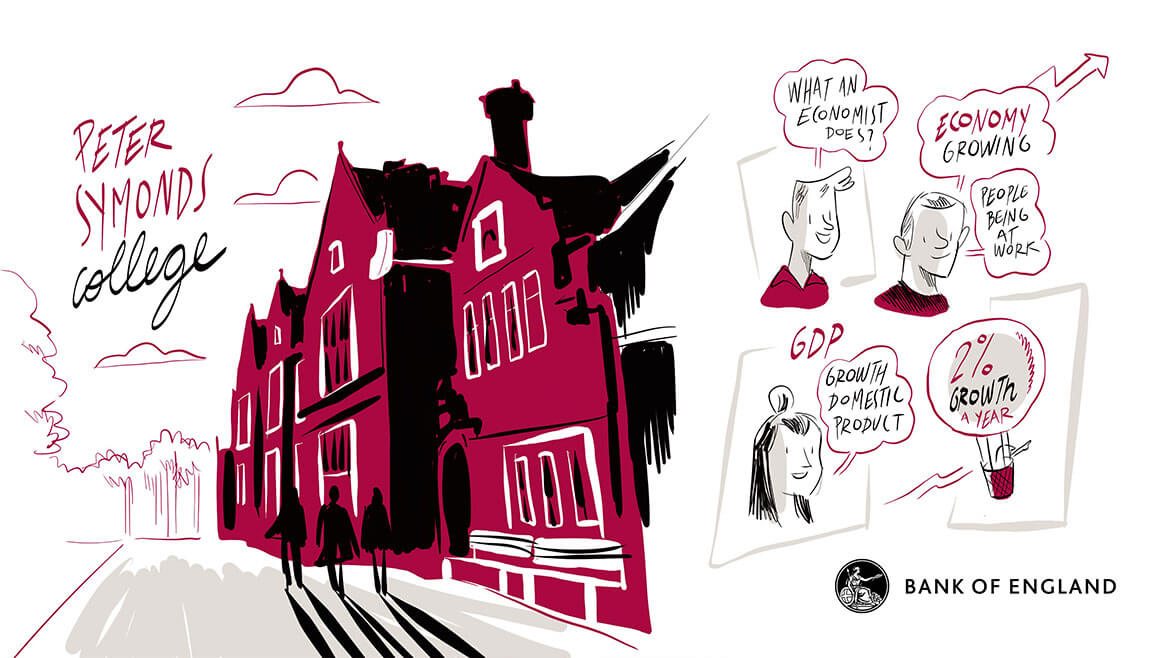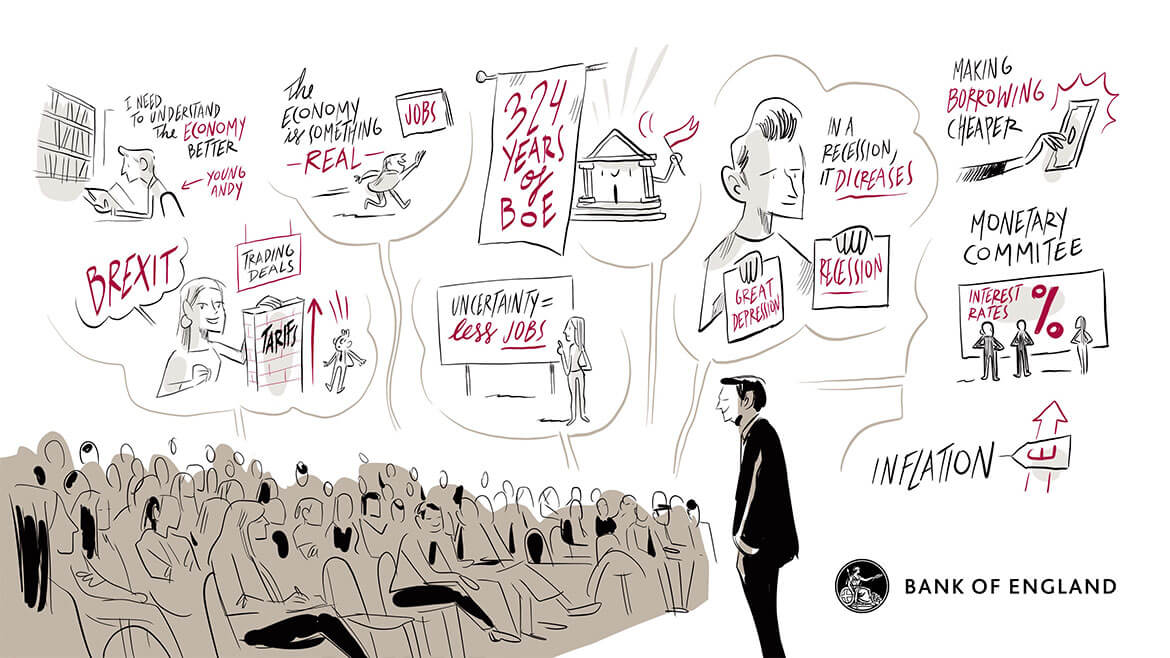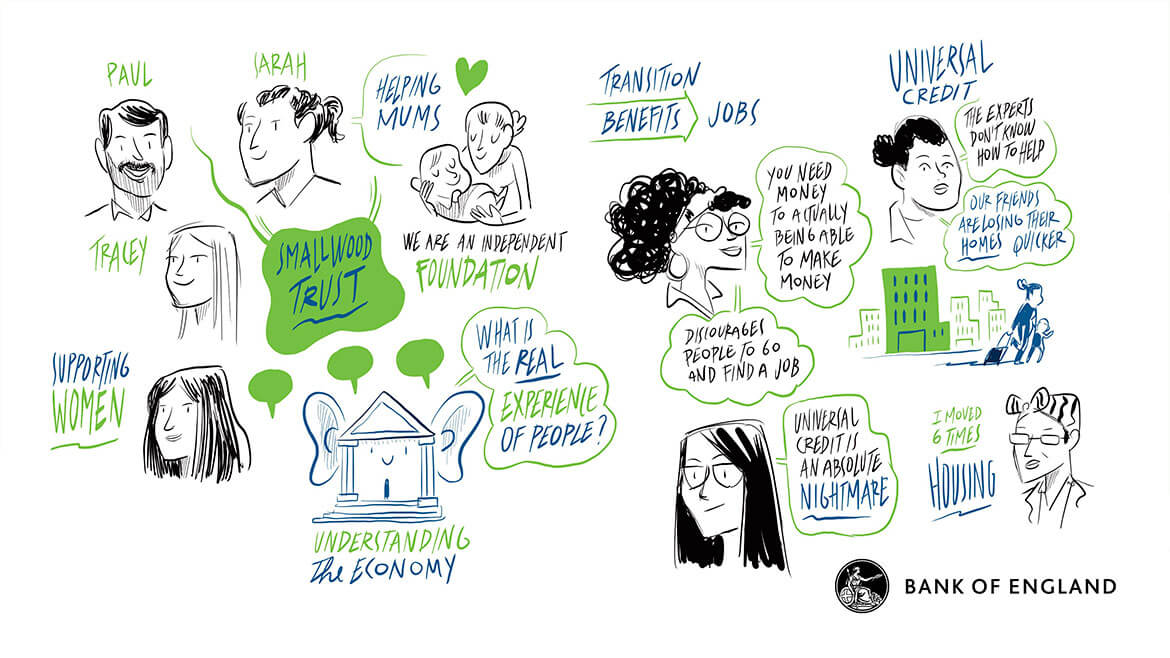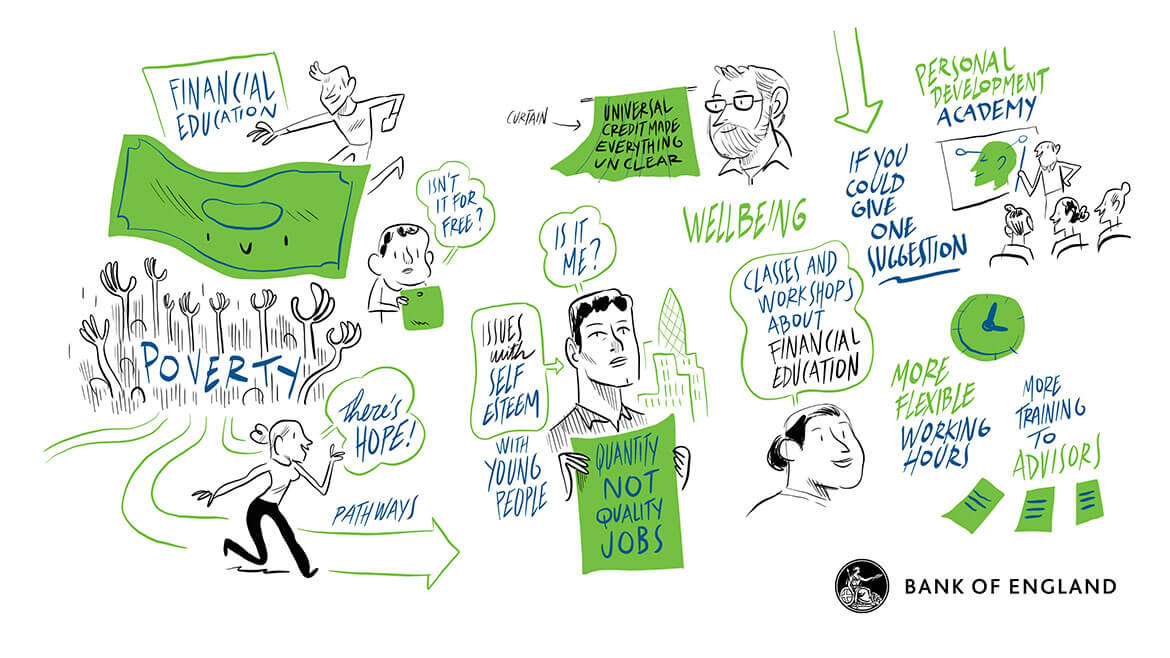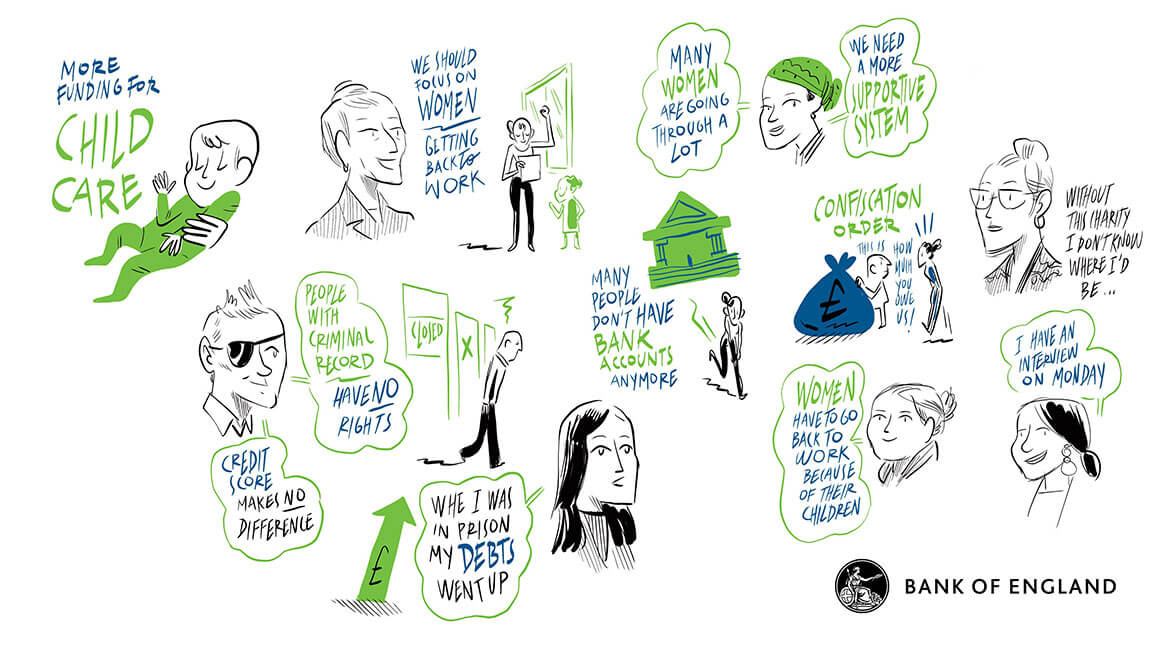I did the latest of my Townhall visits during the week of 24 September in Hampshire and London.
My first visit was to Winchester, beginning with a Roundtable organised by the Hampshire and Isle of Wight Community Foundation involving local community groups, charities and voluntary organisations.
Many boroughs in Hampshire have levels of income and wealth well above the national average. And Winchester itself is an affluent city, which regularly appears high on lists of “best places to live”. As elsewhere across the UK, however, parts of Hampshire suffer from high levels of social and economic deprivation. The Roundtable was able to provide me with some valuable insights into the nature and scale of these problems in the region and how local organisations are working to help those affected by them.
While there is no single root cause, one theme from the day was the skills deficit among those facing hardship and the difficulty of them climbing onto the educational or employment ladder. Too many of these people were leaving school without the basics of literacy and numeracy, leaving them ill-equipped for the world of work. Finding decent apprenticeships or technical training at Further Education (FE) colleges was proving difficult for many, as a bridge into the world of work. And that was leaving many feeling isolated socially, disconnected digitally and distant from the jobs market. The Bank of England is trying to do its part to equip school children with a better understanding of the economy and finance through our new educational materials (econoME) and programme of schools visits.
We also discussed some of the difficulties facing the voluntary sector in meeting the needs of people in this situation. At the same time as the demand for their services had gone up, the resourcing and funding position of many of these organisations had worsened. Because the voluntary sector does not involve monetary transactions, by and large, many thought that the value of the sector to society was not properly recognised by governments and businesses and, therefore, not adequately funded. This is an issue I have written about previously.
In Winchester, I also spoke with a roundtable of local businesses. A key theme there too was skills shortages, if for somewhat different reasons. As I have found elsewhere across the UK, these shortages appeared to be fairly broadly based across sectors and across occupations. This confirms the picture painted in national business surveys, and in pay too, of a tight labour market where skill shortages are becoming more widespread.
Finally, I gave a talk at the Peter Symonds Sixth Form College in Winchester to students studying business. It continues to impress me how many young adults have the entrepreneurial spirit to aspire to set up their own business once they have left full-time education.

